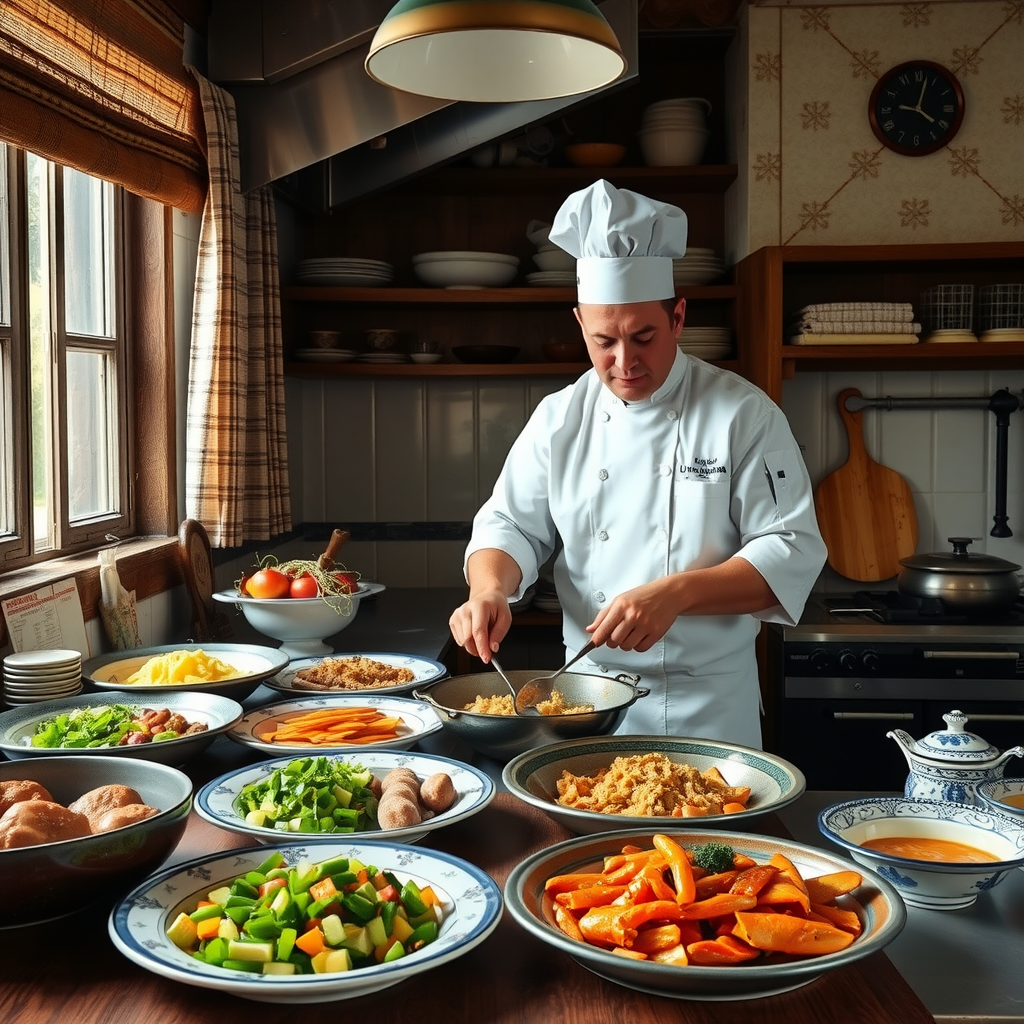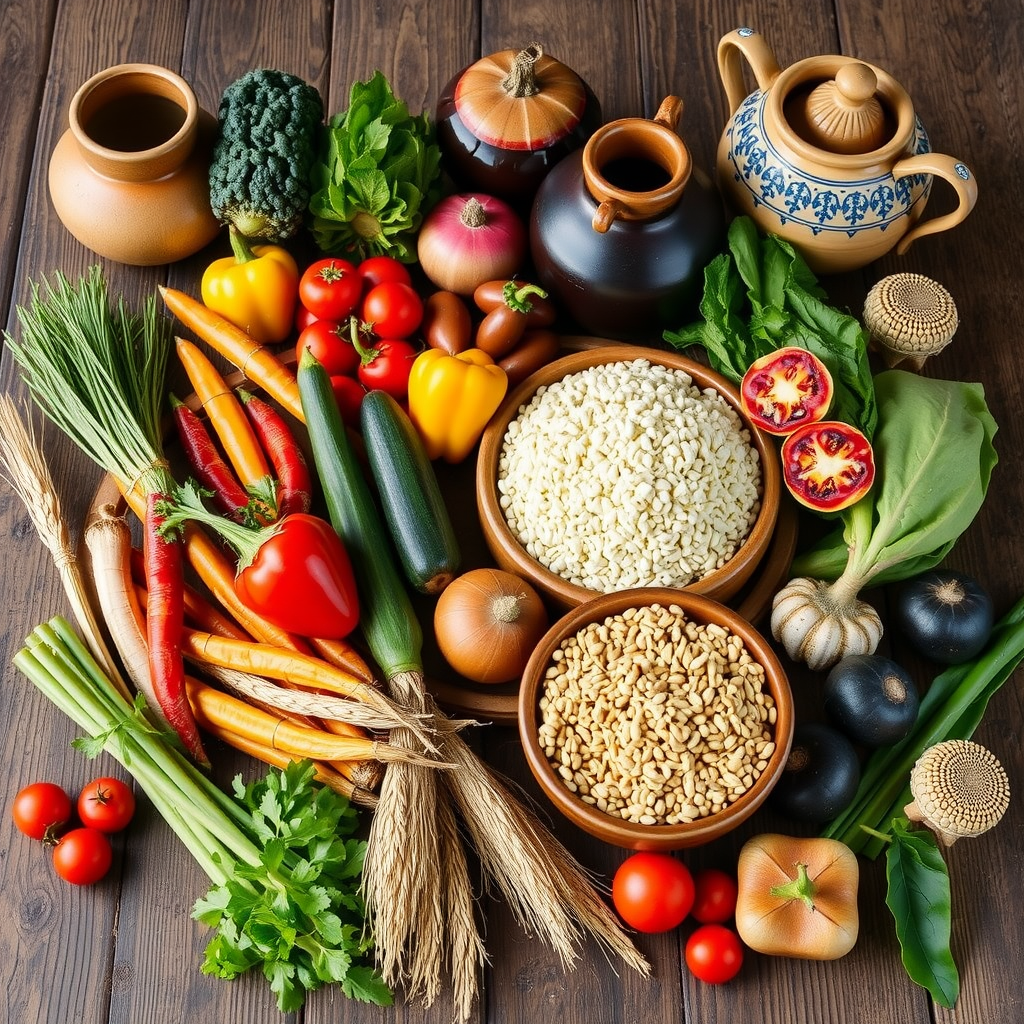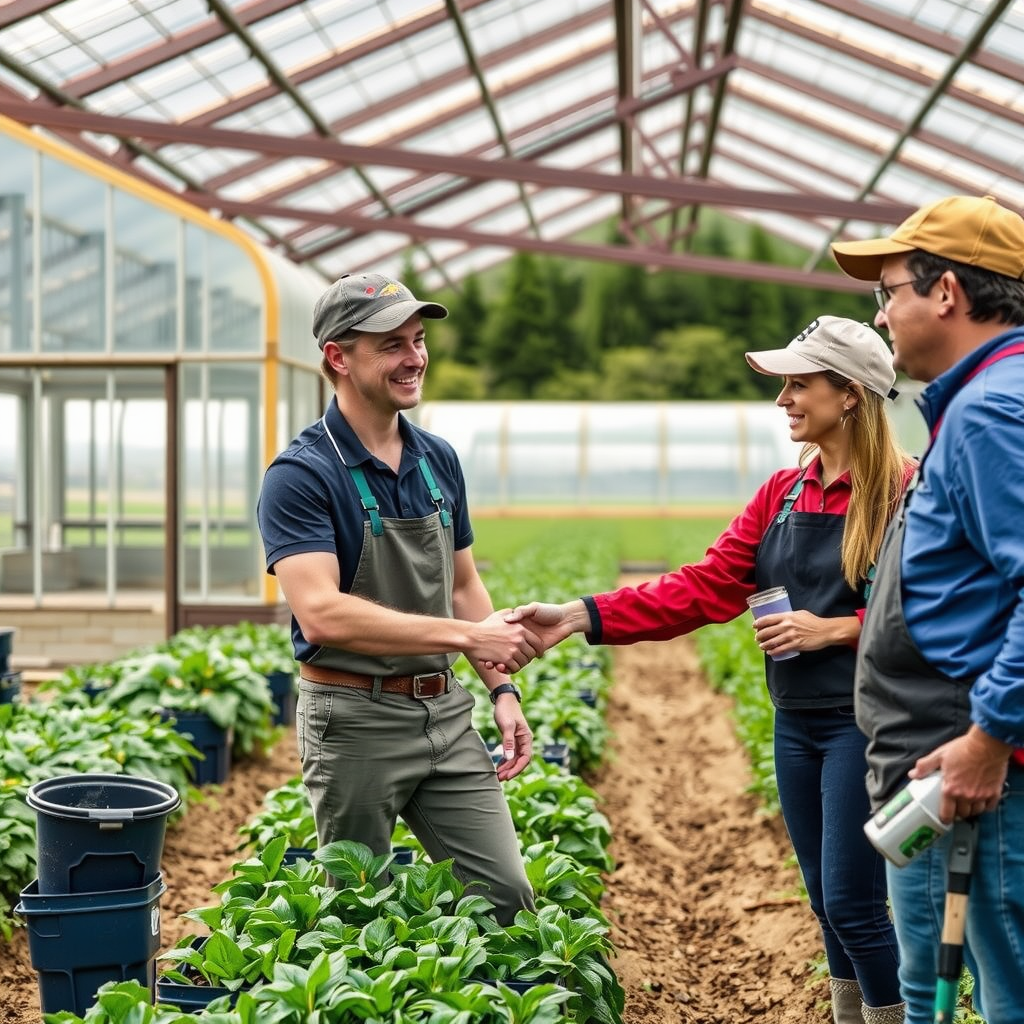From Farm to Table: Supporting Local Producers in Ukrainian Restaurants

In recent years, Ukrainian restaurants have been leading a quiet revolution, transforming their kitchens into showcases for local agriculture and sustainable dining practices. This farm-to-table movement is not just about fresher ingredients—it's about preserving culinary heritage while supporting the communities that make authentic Ukrainian cuisine possible.
The Rise of Local Sourcing
Chef Andriy Petrov of Kyiv's renowned "Harvest Moon" restaurant explains his philosophy: "When we source directly from local farms, we're not just getting better ingredients—we're maintaining connections that have sustained Ukrainian food culture for generations." His restaurant now works with over 20 local producers, from organic vegetable farms in the Kyiv region to artisanal cheese makers in the Carpathian foothills.

The movement extends beyond major cities. In Lviv, restaurant owner Oksana Marchenko has built her entire menu around ingredients sourced within a 50-kilometer radius. "Our borscht tastes different every season because we use whatever vegetables are at their peak," she notes. "This seasonality connects our diners to the natural rhythms of Ukrainian agriculture."
Supporting Regional Farmers
The impact on local producers has been transformative. Farmer Vasyl Kovalchuk, who supplies herbs and vegetables to five restaurants in the Poltava region, has seen his income increase by 40% since partnering with local establishments. "Restaurants pay fair prices and buy consistently," he explains. "This stability allows me to invest in better growing practices and expand my organic certification."
"When restaurants commit to local sourcing, they create a sustainable ecosystem that benefits everyone—from the soil to the plate."
Preserving Culinary Heritage
This local sourcing movement is also helping preserve traditional Ukrainian varieties of fruits and vegetables that were disappearing from commercial agriculture. Chef Irina Bondarenko of Odesa's "Black Sea Harvest" has made it her mission to feature heritage tomatoes, ancient grain varieties, and traditional herbs in her dishes.

"We're not just serving food; we're preserving genetic diversity," Bondarenko explains. "Some of the potato varieties we use have been grown in Ukrainian soil for over 200 years. When restaurants feature these ingredients, we ensure they remain part of our agricultural landscape."
The Sustainability Factor
Environmental benefits are equally compelling. Local sourcing dramatically reduces transportation emissions, while many partner farms employ organic or regenerative practices. Restaurant "Green Table" in Kharkiv has calculated that their local sourcing reduces their carbon footprint by 35% compared to conventional supply chains.
The economic multiplier effect is significant too. Studies show that every hryvnia spent on local food generates an additional 1.6 hryvnias in local economic activity, supporting not just farmers but also transportation, processing, and retail sectors.
Challenges and Solutions
The transition isn't without challenges. Seasonal availability requires menu flexibility, and initial costs can be higher than industrial suppliers. However, innovative restaurants are turning these challenges into opportunities. Many now offer "harvest menus" that change monthly, creating excitement around seasonal ingredients.

Technology is also helping. Apps like "FarmConnect Ukraine" now link restaurants directly with local producers, streamlining ordering and ensuring consistent supply chains. This digital infrastructure makes local sourcing more accessible to smaller establishments.
Looking Forward
The farm-to-table movement in Ukrainian restaurants represents more than a dining trend—it's a return to food systems that prioritize quality, sustainability, and community connection. As more establishments embrace local sourcing, they're creating a model that other countries are beginning to study and emulate.
For diners, this means more flavorful meals, stronger connections to local culture, and the satisfaction of supporting sustainable practices. For Ukraine's agricultural sector, it represents a path toward resilience and prosperity that honors both tradition and innovation.
As Chef Petrov concludes, "Every meal becomes a celebration of our land, our farmers, and our heritage. That's the true essence of Ukrainian hospitality—sharing the best of what our soil and our people can produce."